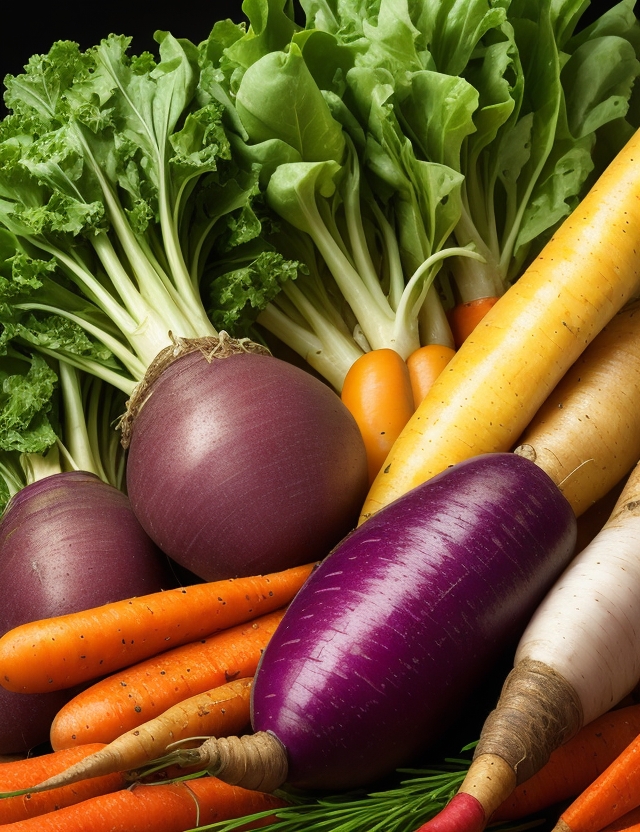Navigating Climate Uncertainties in Fruit Farming
Climate changes are becoming a pivotal concern for various sectors, notably agriculture. Fruit farms are especially vulnerable, with variations in climate conditions having a direct and sometimes devastating impact on yield and fruit quality. This article will explore how specific climate factors affect yield, the resilience of diverse fruit varieties to these variations, and the subsequent implications on the nutritional profile of the harvested fruits.

Factors Influencing Yield on Fruit Farms
Temperature is a vital climatic element affecting fruit yield on farms. Inconsistent temperatures can disrupt the natural growth cycle, causing issues such as poor fruit set, premature flowering, and fruit drop. Precipitation is another critical factor. For instance, apple farms require well-distributed rainfall throughout the growing season for optimal fruit development. Irregularities in rainfall can result in water-logging or drought conditions, affecting the yield adversely. A study published in the "Journal of Climate and Applied Meteorology" showed that adequate and well-distributed precipitation can enhance fruit yield by as much as 25%.
Resilience in Fruit Varieties
Farms that cultivate a diverse range of fruit varieties may have a natural buffer against climate variations. Some varieties are inherently more resilient to fluctuations in temperature and precipitation. Apple varieties like 'Fuji' and 'Gala' are known to be more tolerant of temperature variations. Likewise, certain grape varieties such as 'Cabernet Sauvignon' are more drought-resistant, making them more suitable for regions experiencing water scarcity.

Nutritional Content Amid Climate Variations
The quality of fruit, in terms of nutritional content, can also be swayed by climatic changes. Elevated atmospheric CO2 levels have been shown to produce fruits with higher sugar but lower vitamin and mineral content. This shift in nutritional quality has significant implications for consumer health, as it may affect the nutritional benefits derived from fruit consumption.
Adaptive Strategies for Fruit Farms
Given these challenges, farms specializing in fruit cultivation must adapt to the changing climate. One approach is to implement advanced irrigation systems that optimize water use, thereby mitigating the risks associated with fluctuating precipitation patterns. Another strategy is to employ predictive analytics and machine learning algorithms. These technologies can forecast yield and quality changes based on climatic factors, providing farmers with actionable insights.
Climate variations present multifaceted challenges to fruit farms. These challenges span from yield disruption to alterations in the nutritional quality of the fruits. Adapting to these variations requires strategic planning, investment in resilient fruit varieties, and the incorporation of advanced farming technologies. While uncertainty around climate change remains, proactive adaptation can safeguard both the economic viability and the nutritional quality of produce from fruit farms.
We appreciate your interest in this pressing topic. If you’re looking for more in-depth articles, you may want to read our feature on "Farming Practices and Carbon Sequestration," which examines how various crops and grazing methods contribute to carbon storage. Another article that might pique your curiosity is "Environmental Impacts of Dairy Farming," focusing on the local and global ecological challenges of dairy production.





